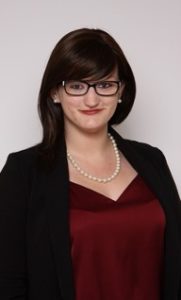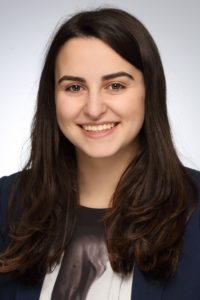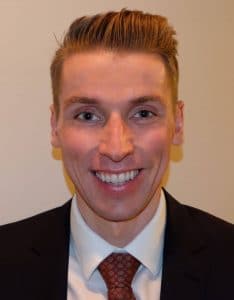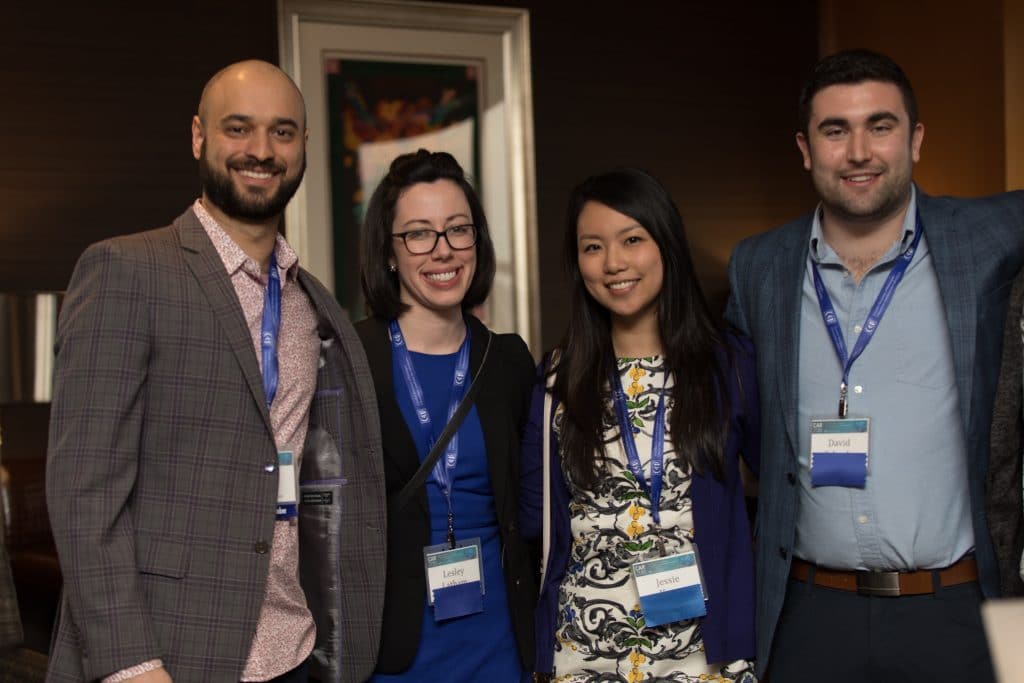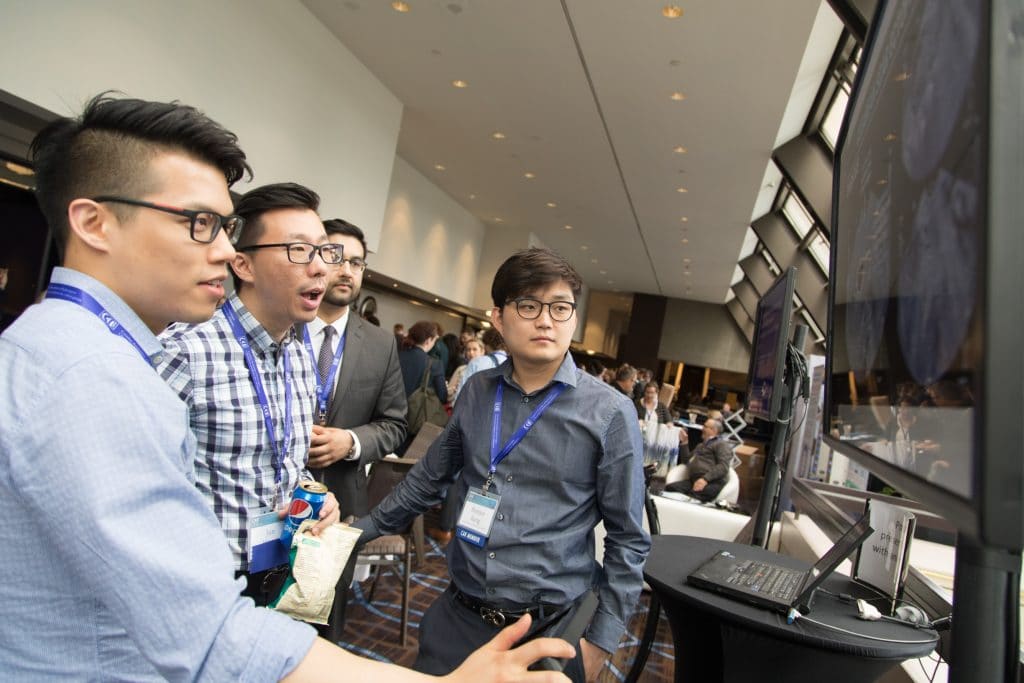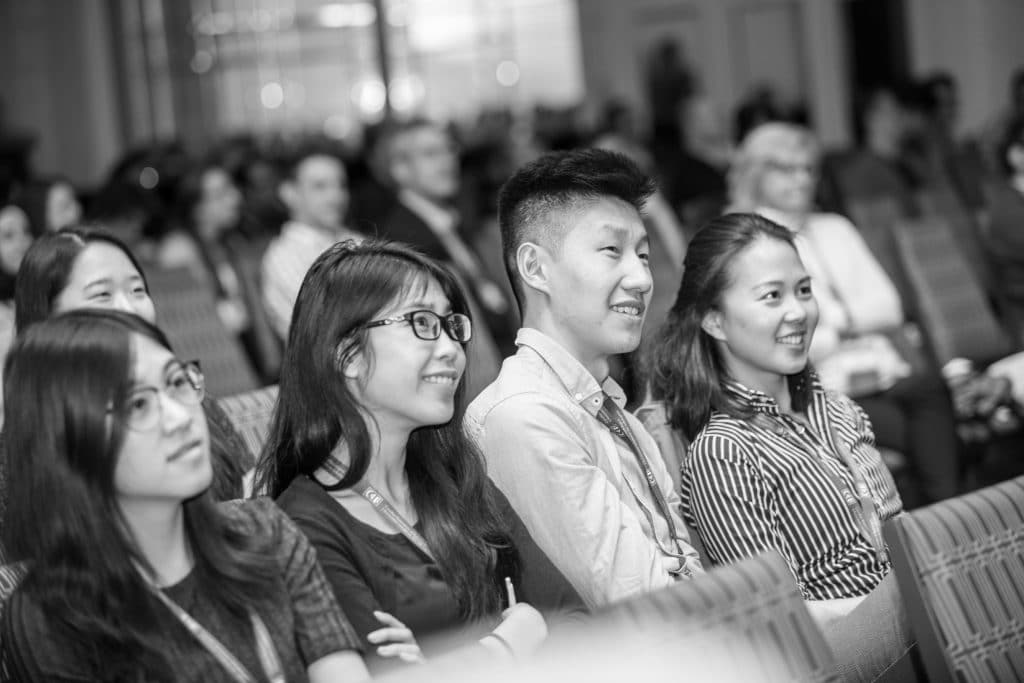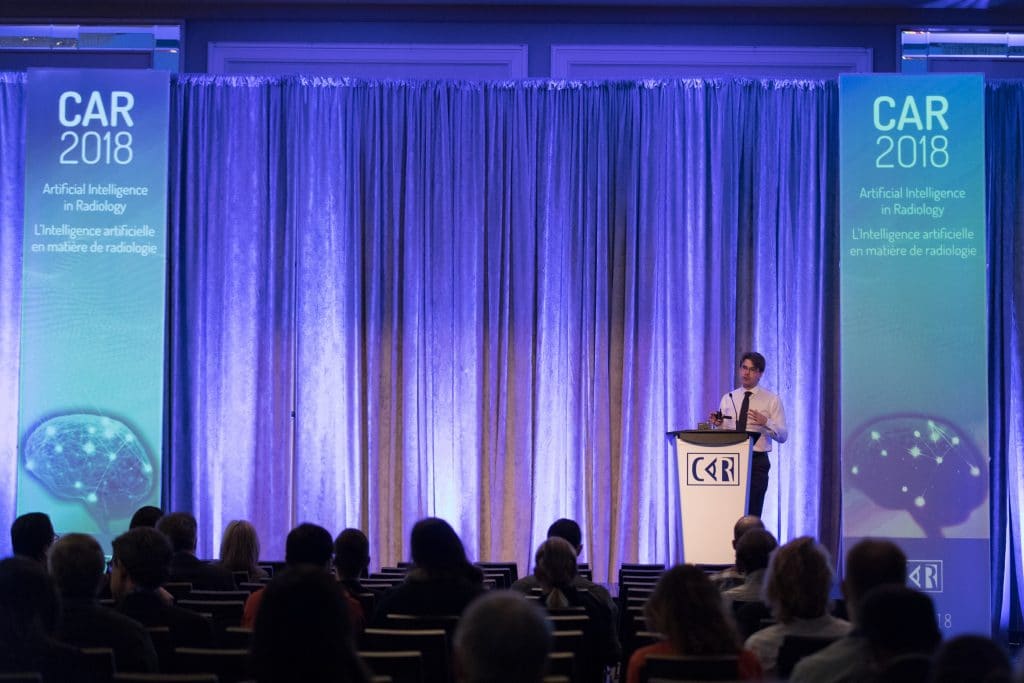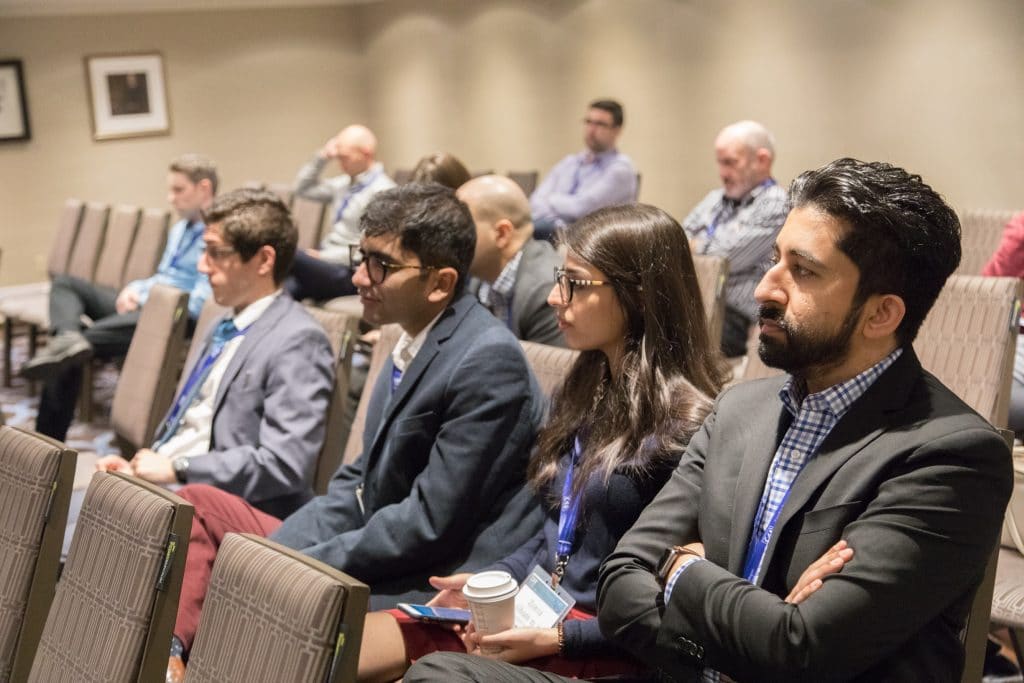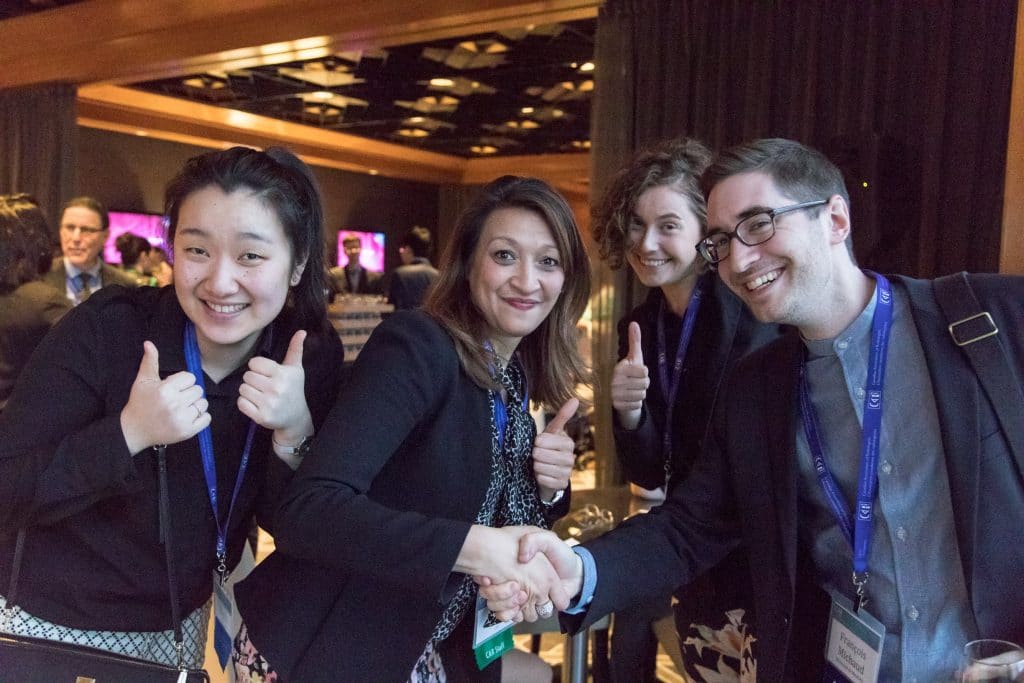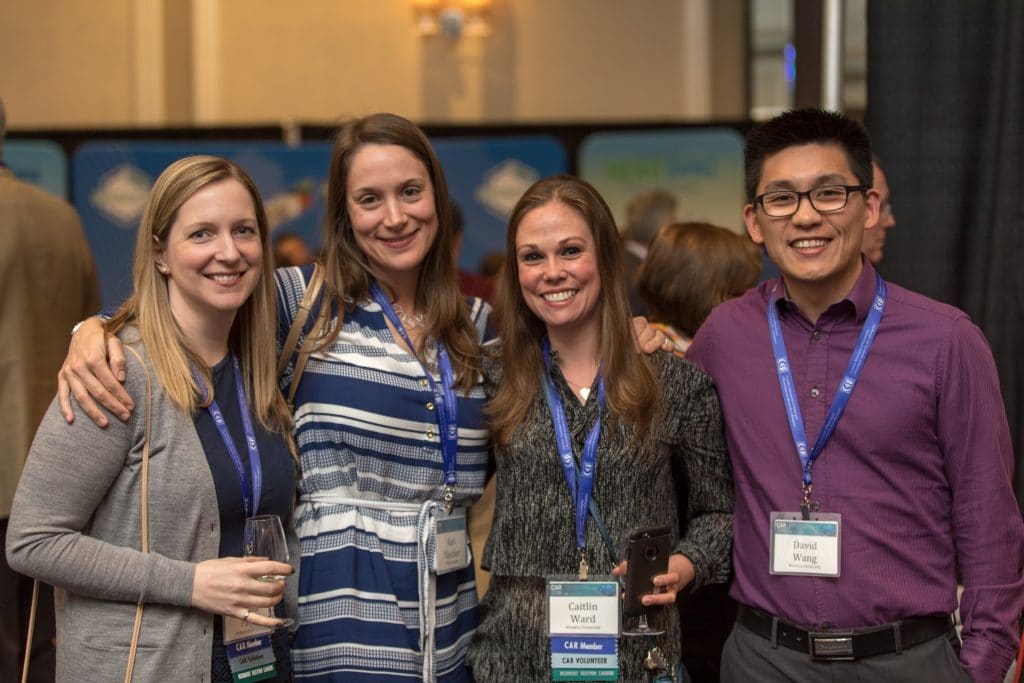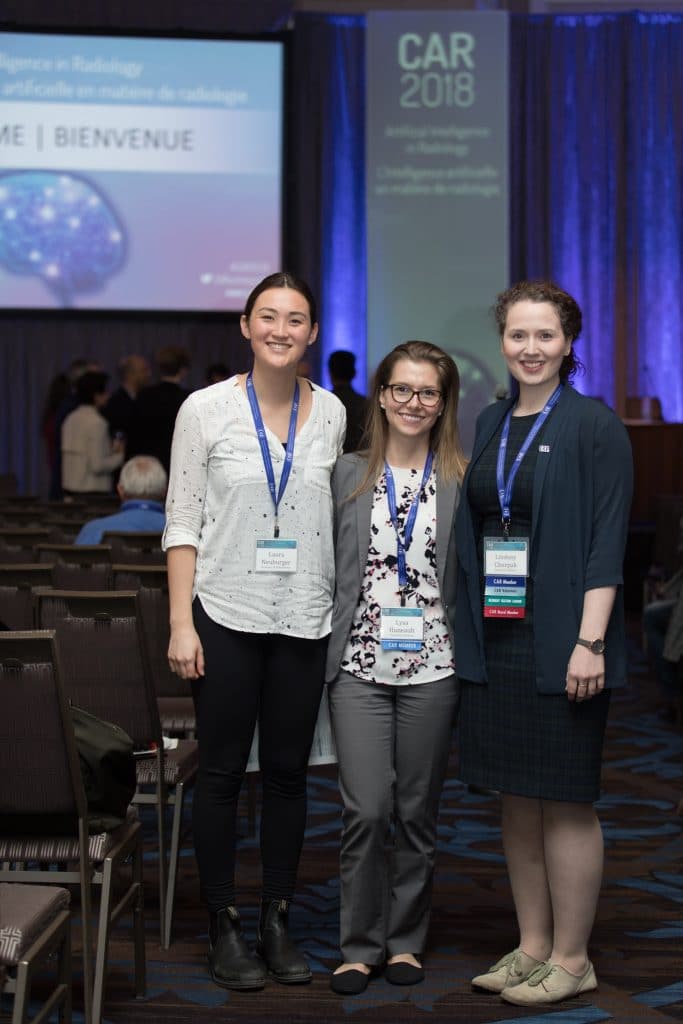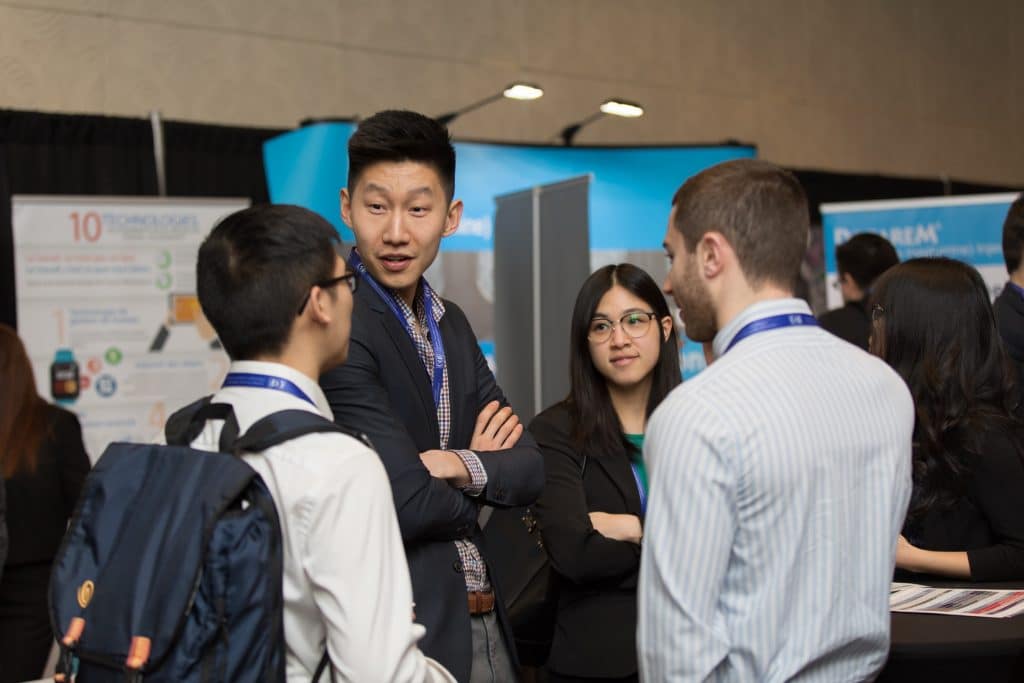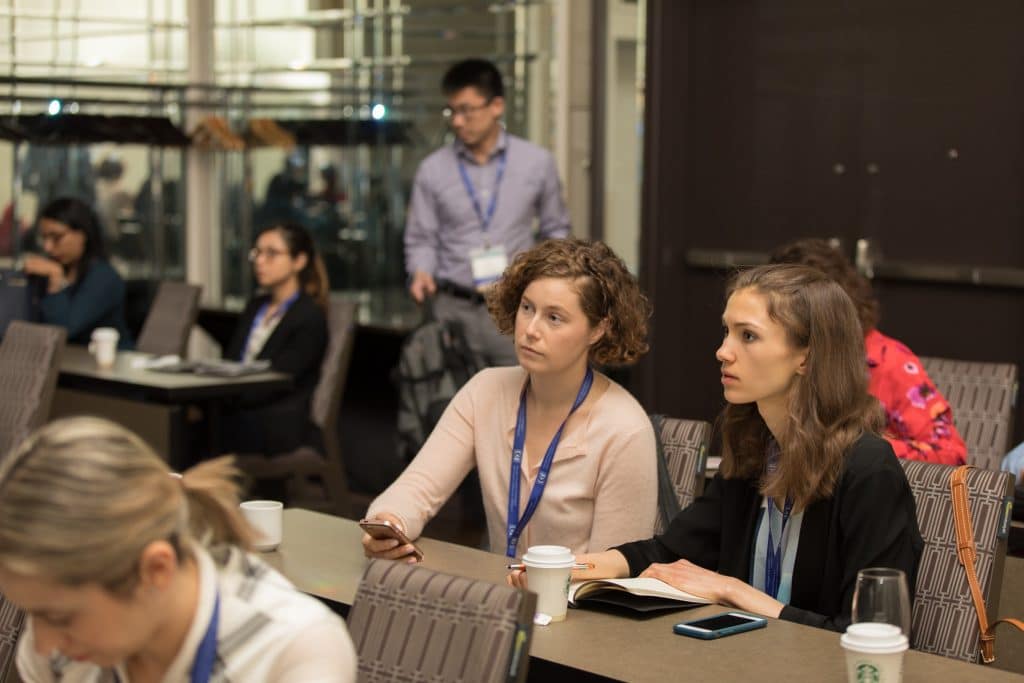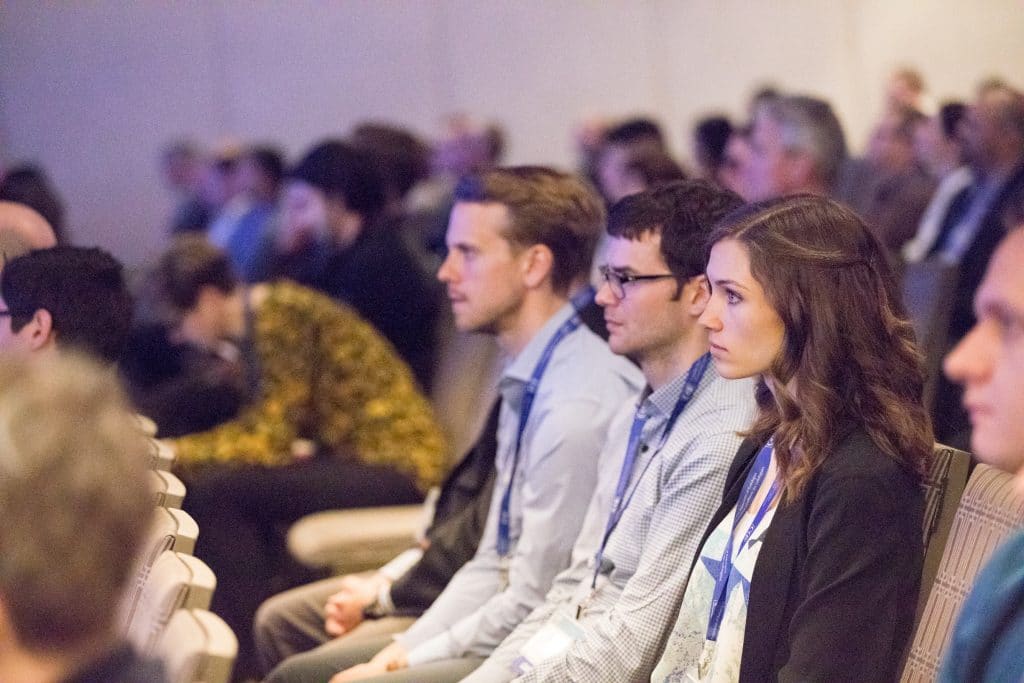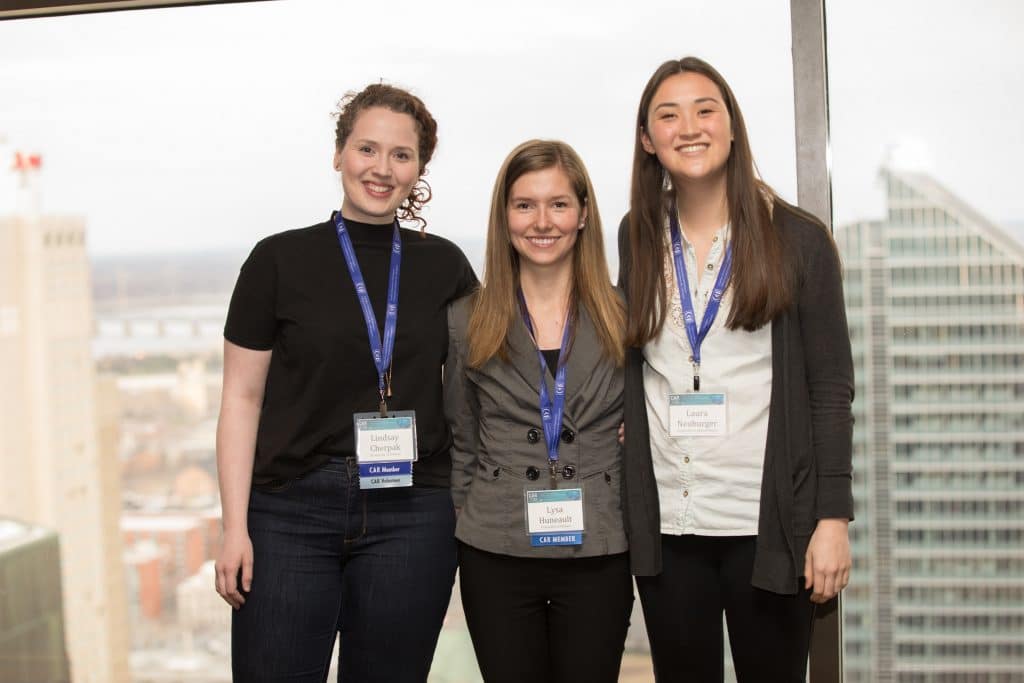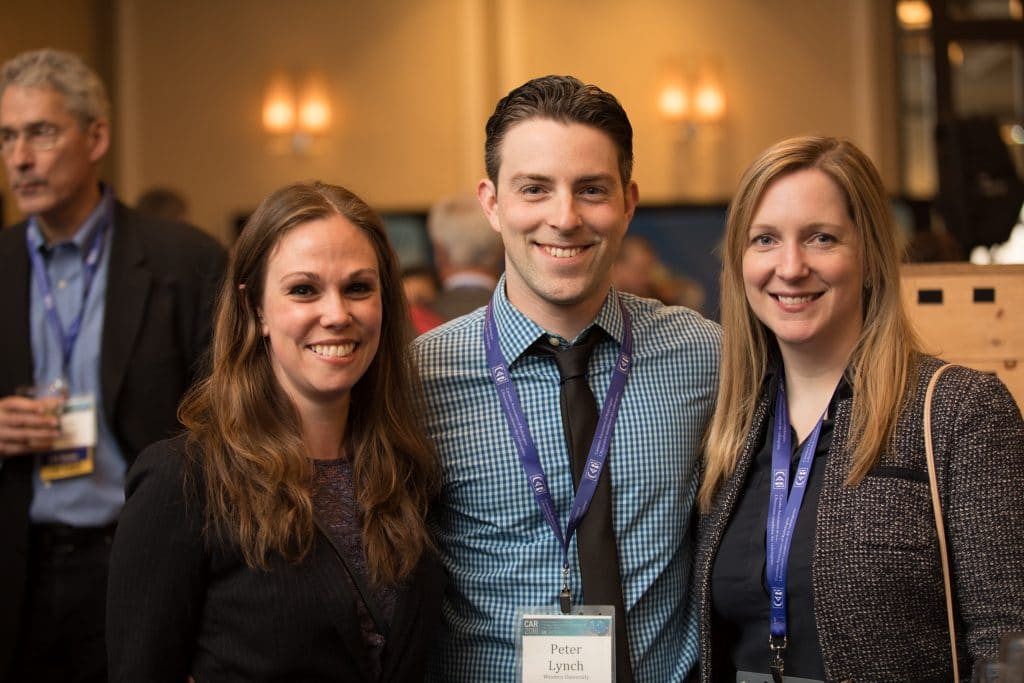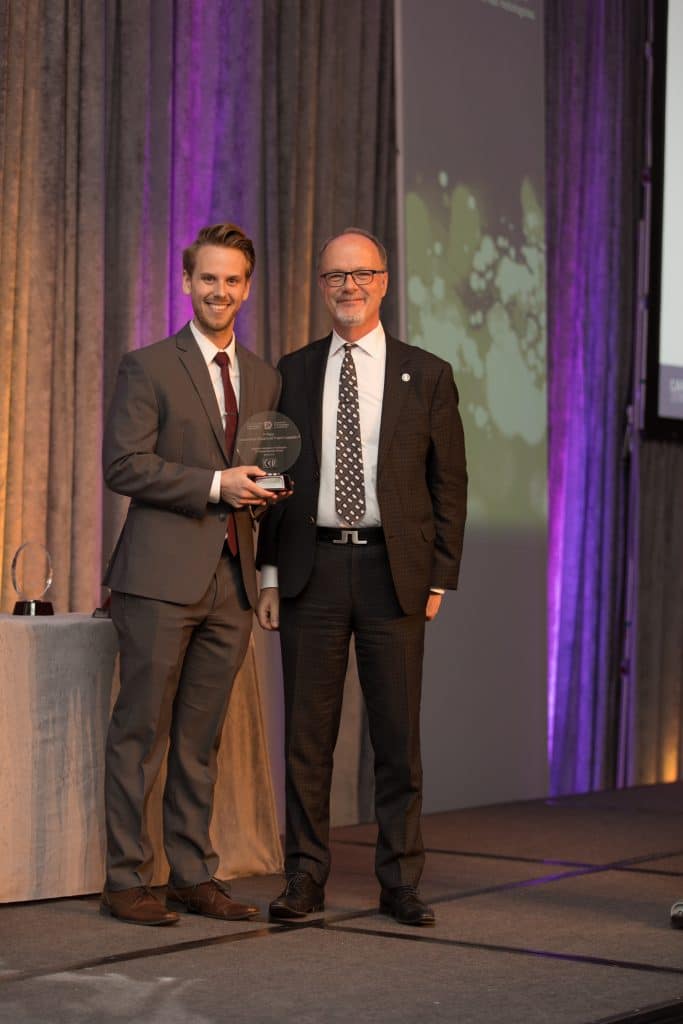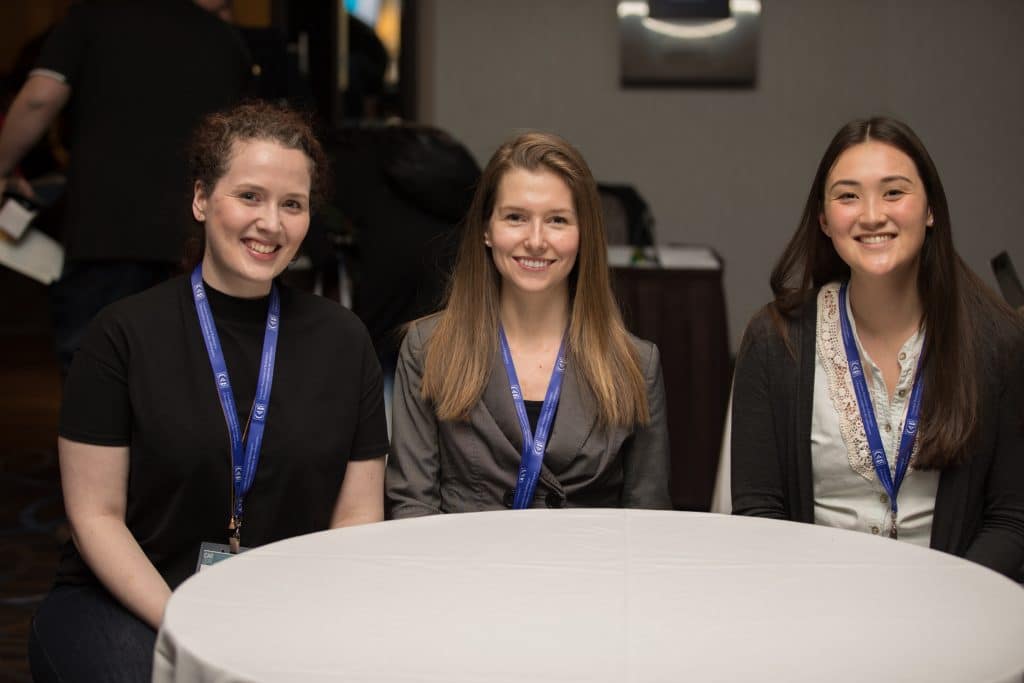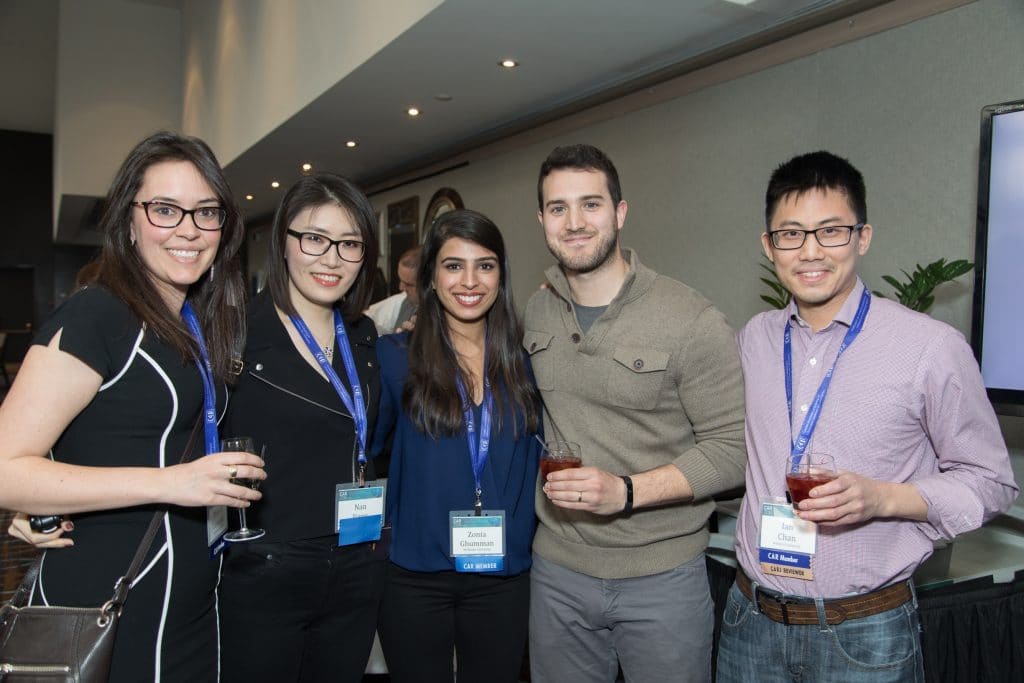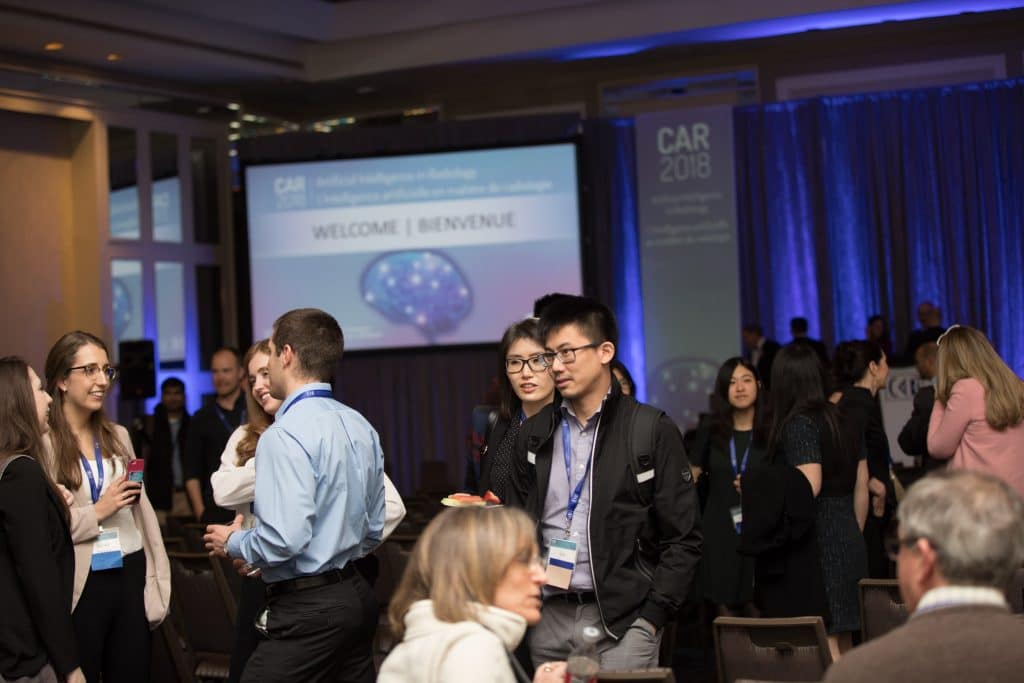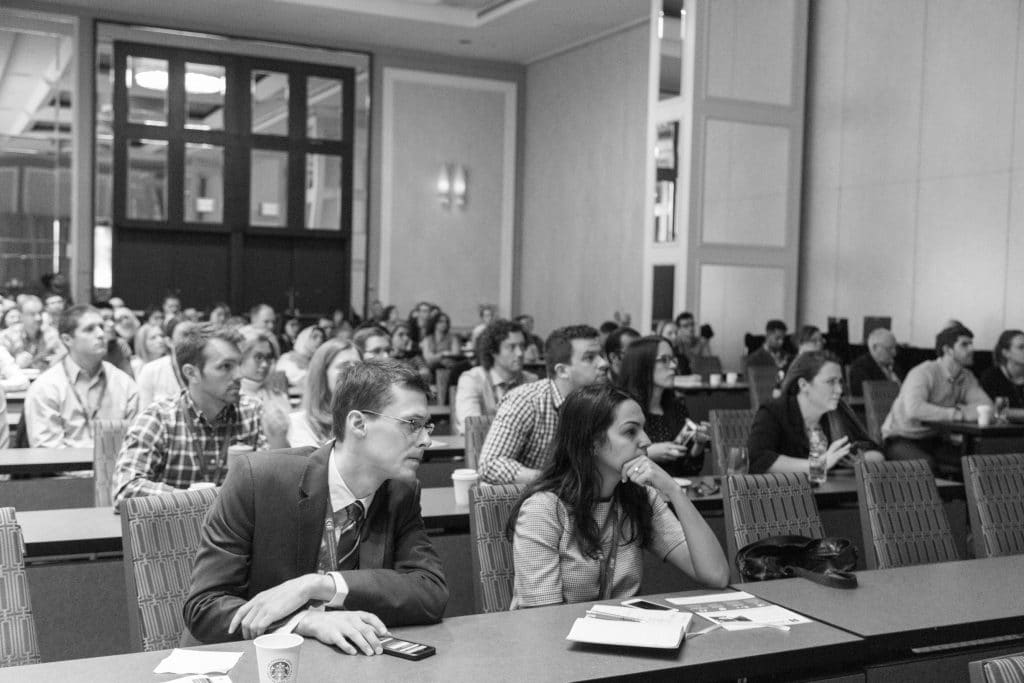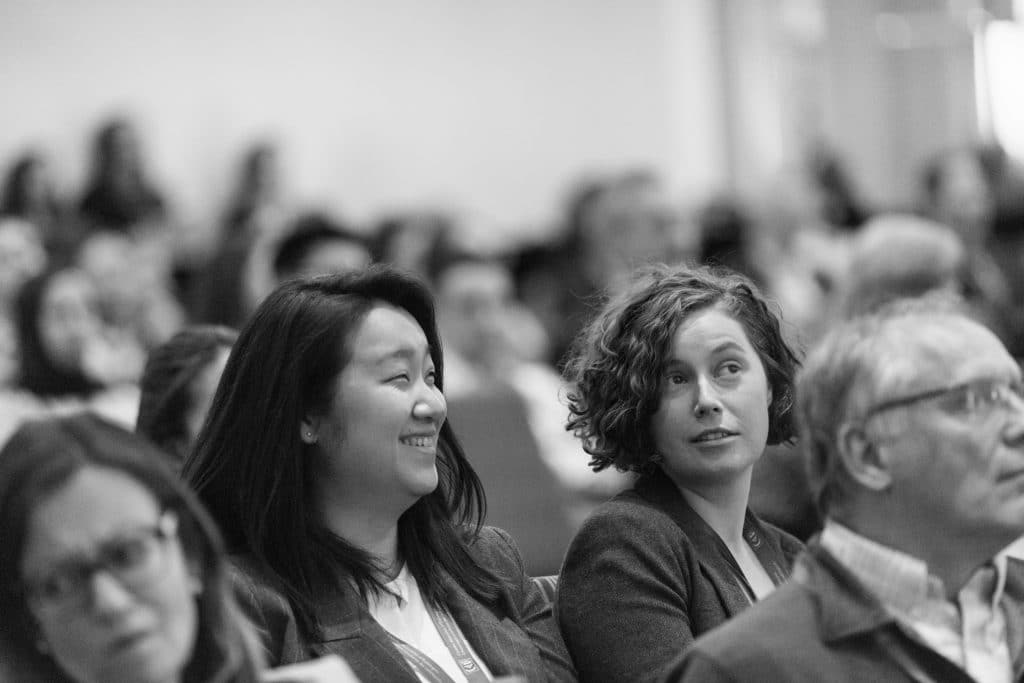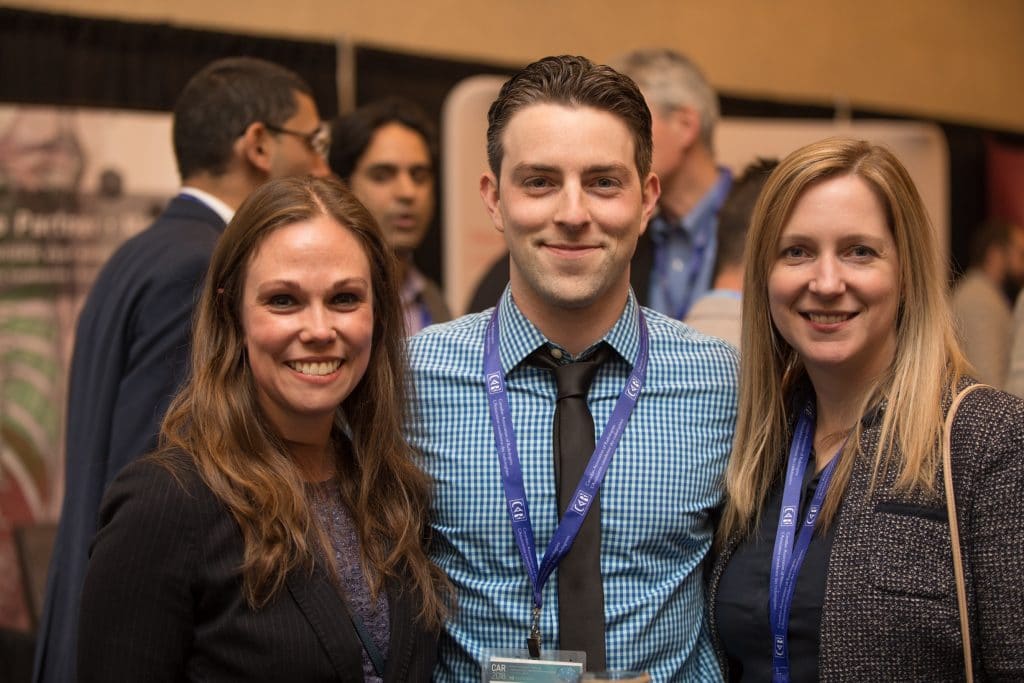Who We Are
Current pressures on the profession are creating a tremendous opportunity to redefine who radiologists are and what radiologists do. At the foundation of this change is the CAR’s young members, the residents and fellows. Residents comprise one-quarter of the CAR membership; this demographic is rich with energy, drive and a rewarding long career ahead of them.
The CAR Resident and Fellow Section (RFS) is the joint collaborative effort of resident representatives and volunteers from all 16 residency programs across Canada, with a senior and junior resident section liaison at each site. The RFS is for trainees, by trainees initiative with a focus on creating services and products that are relevant and useful to radiology residents in Canada.
At its core, the Resident and Fellow Section seeks to engage its nationwide network of professionally committed radiology members-in-training with development and the distribution of resident-specific information and resources related to leadership, advocacy, quality and safety, economics, education and career development. The RFS has developed a number of resources for both junior and senior residents across the country.
What We Do
The RFS continue to develop many new and exciting projects. Most recently, work by the RFS led to the development of a medical student network, which will help to provide opportunities for medical students from across the country to collaborate and continue to benefit from joint projects.
The CAR Resident and Fellow Section welcomes feedback and are always looking for ideas for improvement or opportunities for collaboration – contact us.
Dr. Kathleen MacMillan
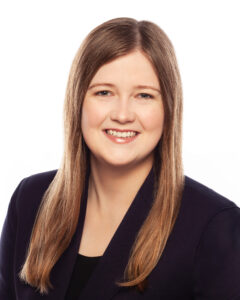
Originally from Miramichi, New Brunswick, Dr. Kathleen MacMillan completed her pharmacy degree at Dalhousie University, her medical degree at Dalhousie Medicine New Brunswick, and is now enjoying her second year of residency in Diagnostic Radiology at Dalhousie University.
Throughout her training, Dr. MacMillan was supported by numerous mentors who encouraged her interest in radiology leadership and research. During her first year of residency, she served as the Medical Student Network (MSN) Coordinator for the Canadian Association of Radiologists (CAR) Resident & Fellow Section (RFS) and served on both the RFS Executive and Maritime Resident Doctors Board. Dr. MacMillan also acts as co-president for life for her medical school class.
As a medical student, Dr. MacMillan was involved in various leadership roles including serving as the inaugural Student Lead of the CAR RFS MSN, and as Co-Lead of the CAR RFS MSN Cross-Country Tour. She was also awarded several honours including the Canadian Medical Hall of Fame Award and the Canadian Radiological Foundation Radiology Leadership Scholarship Award.
Outside of medicine, her interests include soccer, spin biking, walking her dog, and cheering for the Toronto Maple Leafs.
Past Section Chairs
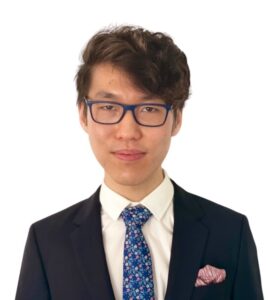
2023-2024
Dr. Hang Yu
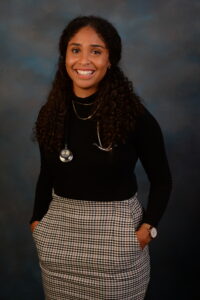
2022-2023
Dr. Kiana Lebel
2021-2022
Dr. Jessica Dobson
2020-2021
Dr. Aline D. Khatchikian
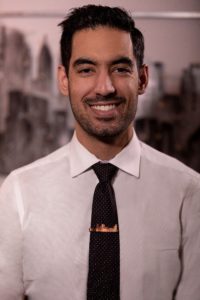
2019-2020
Dr. Baljot Chahal
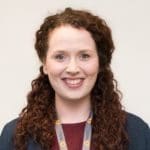
2018-2019
Dr. Lindsay Cherpak
2017-2018
Dr. Alex Botsford
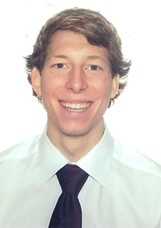
2016-2017
Dr. Mitch Wilson
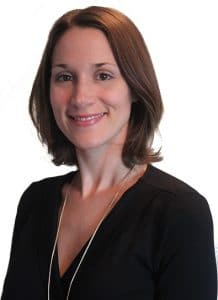
2015-2016
Dr. Kari Visscher
Executive Committee
Dr. Kathleen MacMillan (Chair)
(Chair)

Dr. Hang Yu (Past Chair)
 Dr. Rui Ning Gong (Secretary-Treasurer)
Dr. Rui Ning Gong (Secretary-Treasurer)
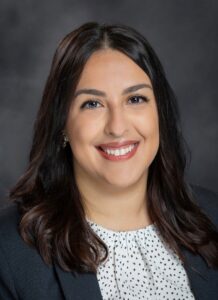 Dr. Kaitlin Zaki-Metias , Fellow Representative
Dr. Kaitlin Zaki-Metias , Fellow Representative
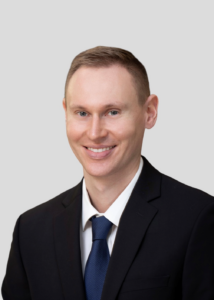 Dr. Serguei Medvedev (International Resident Representative)
Dr. Serguei Medvedev (International Resident Representative)
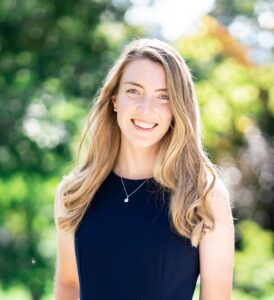 Dr. Chloe DesRoche (MSN Coordinator)
Dr. Chloe DesRoche (MSN Coordinator)
Current Section Representatives
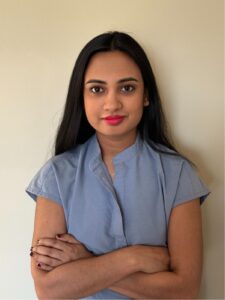 University of British Columbia
University of British Columbia
Tania Saha
 University of Alberta
University of Alberta
Jessica Knight
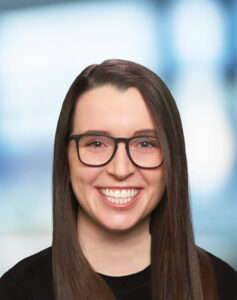 University of Calgary
University of Calgary
Meaghan Reid
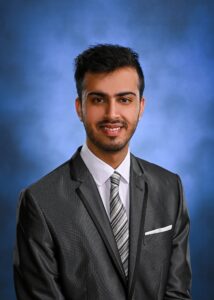 University of Saskatchewan
University of Saskatchewan
Neel P. Mistry
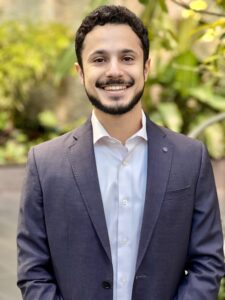 University of Manitoba
University of Manitoba
Shayan Hemmati
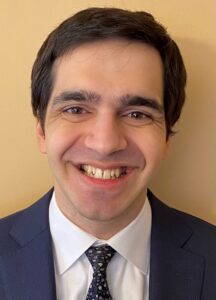
Western University
Imran Al-Katim Ladak
 McMaster University
McMaster University
Anna Hwang
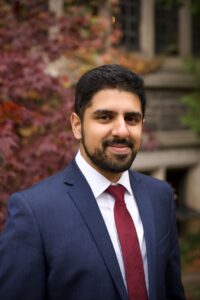 University of Toronto
University of Toronto
Daksh Datta
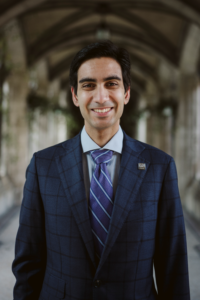 Queen's University
Queen's University
Monish Ahluwalia
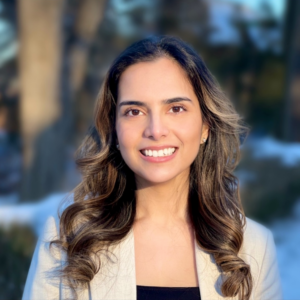 University of Ottawa
University of Ottawa
Namita Sharma
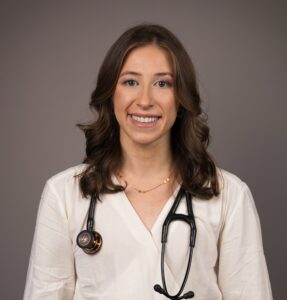 Université de Montréal
Université de Montréal
Claudia Deyirmendjan
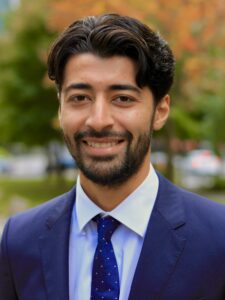 McGill University
McGill University
Surya Valenti
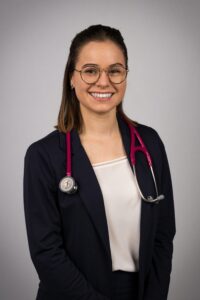 Université de Laval
Université de Laval
Tasha Cusson
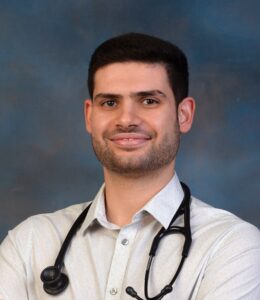 Université de Sherbrooke
Université de Sherbrooke
Mohammed Messihad
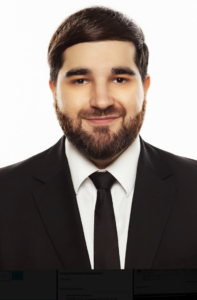 Dalhousie University
Dalhousie University
Behzah Taed
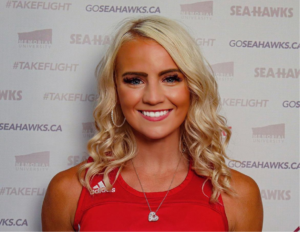 Memorial University
Memorial University
Jade Roberts
University Chief Residents
Dalhousie University
Thomas Maxwell
Ryan Smith
Victoria Linehan (Nuclear Medicine)
Memorial University
Kieran Lacey
Hilary Strong
McGill University
Tiffany Fung
Eliana Sacher
Sarah Chibane
Ismaiel Zawawi
McMaster University
Jason Yao
Vineeth Bhogadi
Queen's University
Laura Wong
Umaseh Sivanesan
Arsalan Rizman
Shane Natalwalla
Western University
TBD
University of Alberta
Robyn St. Croix
University of British Columbia
Rebecca Spouge
James Nugent
University of Calgary
Brad Bergin
Alice Wang
Université Laval
Rachelle St-Onge
University of Manitoba
Alisha Beaudoin
Jed Frankel
Université de Montréal
Janic Ducharme
François Michaud
University of Ottawa
Adam Birosh
Eric Hutlfluss
University of Saskatchewan
Daniel Hui
Université de Sherbrooke
Bo Yi Dou
University of Toronto
TBD
Carry Forward MOC Credits from your Residency
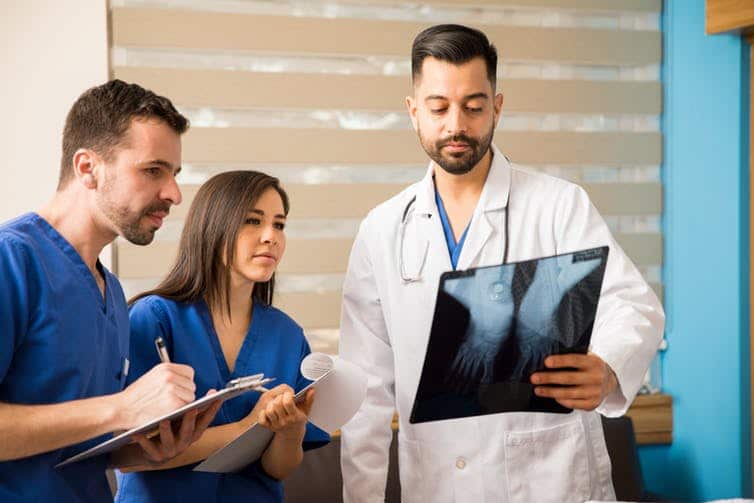
Want to start collecting Maintenance of Certification (MOC) credits to carry forward after your residency? Sounds too good to be true, but it’s not! Residents in primary specialties in Royal College accredited programs are eligible for the category. Just sign up to become a Resident Affiliate of the Royal College. Becoming a Resident Affiliate is straightforward, quick and best of all: free.
Registration is as simple as filling out the online application form. Start accumulating credits to apply to your continuing professional development (CPD) requirements following certification and track your CPD in the MY MOC ePortfolio. Resident Affiliates can carry forward up to 75 credits into their first MOC cycle as Royal College Fellows (max. 25 in each of the three sections of the MOC Program). Unfortunately, credits can’t be counted retro-actively, only going forward from the date of becoming a Resident Affiliate, so it’s best to join as early as possible in residency. It also gives you access to resident-exclusive awards and grants.
Take advantage of this opportunity and let your efforts during your residency work for you. Be sure to sign up as a Resident Affiliate with the Royal College today.
Get the facts! Visit MOC Program for Resident Affiliates
RAD Academy
The CAR has changed the education landscape by launching RAD Academy, a learning management system (LMS) dedicated to CPD for radiologists. This platform takes our CPD offerings to the next level and improves your overall learning experience with several resources. RAD Academy is made for CAR members, by CAR members. As a radiologist, it’s your one-stop shop for CPD. Everything on the platform caters to our members and their desire for a comprehensive, specialized education in radiology.
Transition to Radiology
In order to facilitate the transition from medical school to radiology residency for first year residents, the Resident and Fellow Section has developed a document titled Transition to Radiology Residency.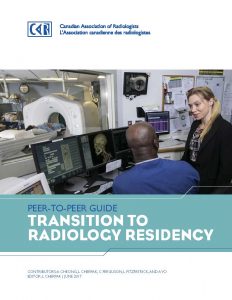
Although many programs produce their own guides to radiology residency, the RFS felt that it would be useful to have a cohesive guide that could be used by all programs across Canada. This guide encompasses general information and answers the most commonly-asked questions from first year residents. It covers:
- Residency tips and tricks
- Common on-call pathologies
- Introduction to radiology dictations, plus recommended reading and helpful tips
- Practical approach to taking cases during rounds
- Learning to protocol studies
- Contrast media – adverse reactions, premedication, management of acute reactions, and contrast-induced nephropathy
- Radiation safety – background and definitions, effects of radiation exposure, and radiation risk associated with common imaging examinations
- Resources
- On-call template
The RFS will be updating the document on an annual basis to ensure the information remains accurate and relevant. If you have any questions, comments, or suggestions related to the document, please contact us at [email protected].
Resources
CAR RFS Education Committee
Attention diagnostic radiology resident physicians and medical students! As diagnostic radiology post-graduate medical education programs nationally prepare to transition to Competence by Design in 2022 for the incoming resident physician cohort, the CAR and the CAR RFS are committed to helping diagnostic radiology resident physicians during this important educational transition.
Learning in the Dark
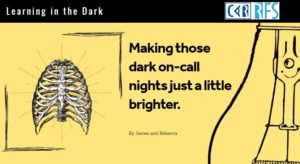
Introducing "Learning in the Dark", a new podcast sponsored by the Canadian Association of Radiologists' Resident & Fellow Section: This educational radiology podcast is designed to orient you to high yield on-call pathologies to help prepare you for call, taking cases in rounds, and the board exams. Each episode will provide you with an approach and highlight key imaging findings through case discussions following the 'detect, describe, differential and decision' model. This podcast is created by UBC Radiology residents Dr. Rebecca Spouge and Dr. James Roberts.
Listen to the first episode, covering small bowel obstructions, via Spotify or Apple Podcasts!
To learn more visit.
Canadian Association of Radiologists Journal (CARJ)
The official journal of the Canadian Association of Radiologists. Members of the CAR receive a complimentary subscription to the CARJ as a membership benefit.
Career Opportunities
Visit the career opportunities section to find your ideal position today.
Global Outreach in Radiology
Radiology has become a blend of evidence based clinical decision making and fast paced advancements in cutting-edge technology which has revolutionized the practice of medicine. Canadian radiologists and allied health care professionals are at the forefront of innovation working to create better patient outcomes for Canadians. Unfortunately, the same cannot be said for the one half to two thirds of the world’s population lacks access to radiology services. Technology has evolved and allowed radiologists to expand their role and responsibilities which has increasingly included global health participation and advocacy.
Defining Global Outreach in Radiology
Global outreach in radiology is a quickly growing and exciting branch of radiology that focuses on developing relationships, capacity for sustainable programs, supporting health equity and fostering local partnerships in regions of the world that do not have access to medical imaging services. Radiologists contribute in numerous ways including teaching, research, clinical practice, assistance with training program development amongst participating in various other roles. Radiologists who are involved in medical and technological innovation also have a key role to play in global outreach by increasing access and reducing the cost of high-quality medical imaging services with novel and sustainable solutions. To learn more about global outreach in radiology, complete this module on RAD-Academy.
Volunteer Opportunities
A great first step would be to seek out radiologists and allied health care professionals at your institution who volunteer in global outreach activities and learn how to get involved. Opportunities may range from long distance teaching and assistance with program development to on site clinical work, capacity building and establishing long term relationships. There are also organizations that work to provide diagnostic and therapeutic imaging services to underserved and low-resource regions.
RAD-AID
One such non-profit organization is RAD-AID which began in 2008 at Johns Hopkins. This organization now facilitates programs in over 30 developing countries including an ever-growing team of radiologists, technologists, nurses and more. There are RAD-AID chapters at McGill University and Dalhousie University. You can register as a volunteer and sign up for the newsletter to learn more.
Website: Rad-aid.org | Twitter: @RADAIDIntl| Facebook: RAD-AID International | Email: [email protected]
Radiology Without Borders
Another non-profit organization is Radiologists Without Borders, a global charity founded in 2010 in Australia. Its mission is to train local doctors in developing nations to use the power of radiology to save lives. This organisation collaborates closely with The University of British Columbia.
Website: Radiologyacrossborders.org| Facebook: Radiology Across Borders | Email: [email protected]
Canadian Medical Association
Another great way to participate in global outreach is develop global health inspired technology. The CMA provides grants for medical innovation and research for those interested in pushing the boundaries of medicine through Joule. Global outreach is no exception so if there is something you would like to build or create there are opportunities available.
Website: Joulecma.ca| Twitter: @Joule_CMA | Instagram: @jouleinc | Facebook: JouleaCMAcompany| Email: [email protected]
Resident Parental Leave by University
| Province | University* | Applicable Plan |
|---|---|---|
| Alberta | University of Alberta University of Calgary | Professional Association of Resident Physicians of Alberta |
| British Columbia | University of British Columbia | Resident Doctors of BC |
| Manitoba | University of Manitoba | Doctors Manitoba |
| Nova Scotia | Dalhousie University | Maritime Resident Doctors |
| Ontario | University of Toronto MacMaster University Queen's University University of Ottawa | Professional Association of Residents of Ontario (PARO) |
| Quebec | McGill University Université de Montréal Université de Laval Université de Sherbrooke | Québec Parental Leave Plan (RQAP) |
| Saskatchewan | University of Saskatchewan | Resident Doctors of Saskatchewan |
*Contact your university for additional details.
Learn More
Whichever path you decide to embark on, continue to share your experiences and start getting involved in global outreach in radiology. For any questions, please email [email protected].
Prepared by members of the Canadian Association of Radiologists Resident & Fellow Section Executive Committee
Updated January 2025
Contributor information:
Kaitlin M. Zaki-Metias, MD, FRCPC | Clinical Fellow, Western University
John D. Karp, MD | PGY-3, University of Pennsylvania
Serguei Medvedev, MD | PGY-5, Trinity Health Oakland/Wayne State University
The Resources for International Medical Graduates document is an introductory resource for internationally trained radiologists seeking information on practicing clinical radiology in Canada. The target population of this document are Canadians who trained abroad and non-Canadians who are currently practicing radiology abroad.
This first portion of the document outlines the steps required to write the Royal College of Physicians and Surgeons of Canada (RCPSC) Diagnostic Radiology examination. This includes determining eligibility depending on the trainees/radiologist’s background, applying for and registering to write the examination, and details pertaining to exam date, exam components and exam preparation.
The second potion of the document describes the basic requirements for all internationally trained radiologists seeking to practice in Canada. This includes the steps needed to complete the Medical Council of Canada Qualifying Examination (MCCQE) Part 1 examination and achieve the Licentiate of the Medical Council of Canada (LMCC).
There is a brief section on pursuing radiology fellowship in Canada.
The remainder of the document outlines provincial-based requirements and pathways for internationally trained radiologists.
Disclaimer: Please note that the information presented in this document is based on current policy as of the above “updated” date and is subject to change. Attempts will be made to update this document periodically as information changes. Requirements may vary between jurisdictions. Please verify your eligibility and requirements with the governing body in your jurisdiction of interest.
National Resources

Why take the Royal College of Physicians and Surgeons of Canada Diagnostic Radiology certification examination?
The purpose of the exam is to assess the candidate’s clinical competence and readiness to enter clinical practice. The diagnostic radiology exam is offered once annually in the spring.
Many provinces and territories require Royal College certification for registration for independent practice. Some provinces and territories may offer restricted licenses which require supervision to practice, and others are beginning to offer streamlined pathways for those with American board certification. Explore the options most suitable for your situation and training with the College of Physicians and Surgeons in the province or territory in which you plan to practice.
You will need to register/apply for:
If eligible, apply for an assessment of your training
-
- Apply for training assessment before April 30th of the year before you wish to take the exam and pay the applicable fees
-
- Register before November 4th of the year before you plan to take the exam
- Pay the applicable fees
-
- Exact dates will differ year to year.
- For example, in 2025, the exams will take place in the early spring/summer
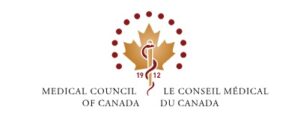
Licentiate of the Medical Council of Canada (LMCC) is granted by the Medical Council of Canada (MCC) and is part of the requirements set by the provincial and territorial medical regulatory authorities (MRAs) to be granted licence to practice medicine in their respective jurisdictions.
Requirements include (full details can be found in the link below):
- Graduate from an approved medical school
- Pass the MCC Qualifying Examination (MCCQE) Part 1
- Complete 12 months of approved postgraduate clinical training
- Verification of training credentials (medical school and postgraduate degrees)
- Pay the LMCC fee
- National standard in Canada assessing candidates' medical knowledge, skills, and abilities at a level expected of a student completing their medical degree in Canada.
- The exam is a computer-based exam and consists of MCQ and SAQ.
- The examination is based on the MCC Examination Objectives, which are organized under the CanMEDS roles.
Fellowship Application Resources
There are various fellowship opportunities in Canada. Applications for fellowship programs vary, with most opening in the spring or early summer of your PGY-3 year. Fellowship applications close for most fellowships in September or October (every program has their own timeline). Interviews are typically extended in late September and early October but varies from program to program. Positions may be offered one to two weeks following the interview, although some programs may take up to a month. For a list of available fellowships, please visit the following resource:
https://car.ca/canadian-fellowship-opportunities/
The following documents are required to apply to most fellowship programs: a cover letter, personal statement, curriculum vitae, a copy of medical degree and specialty degree (though this varies for each program), and three reference letters.
Provincial Resources
Alberta
![]()
College of Physicians and Surgeons of Alberta (CPSA)
General registration information
IMG-specific licensure information
Alberta Society of Radiologists (ASR)
The Alberta Society of Radiologists is a volunteer, not-for-profit organization proudly representing the majority of Alberta’s radiologists and radiology residents.
British Columbia

College of Physicians and Surgeons of British Columbia (CPSBC)
General information on the different pathways to obtaining a medical licence in BC
British Columbia Radiological Society (BCRS)
We are a non-profit professional organization representing radiologists who practice in British Columbia.
Manitoba

College of Physicians and Surgeons of Manitoba (CPSM)
- General information on applying for registration and different pathways
- Registration information for IMGs
Manitoba Association of Radiologists (MAR):
- Please contact the CAR to get in touch with the MAR.
New Brunswick
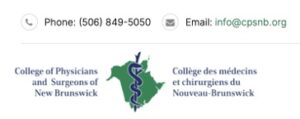
College of Physicians and Surgeons of New Brunswick (CPSNB):
More information on the different pathways to obtaining a medical license in New Brunswick
Newfoundland and Labrador

College of Physicians and Surgeons of Newfoundland and Labrador (CPSNL)
General information on applying for registration
Pathway to licensure for specialists
Northwest Territories

Government of Northwest Territories Health and Social Services:
Nova Scotia

College of Physicians and Surgeons of Nova Scotia (CPSNS)
-
- More information on the different pathways to obtaining a medical license in Nova Scotia:
- NS accepts US board certification
- More information on licensure
Nunavut

College of Physicians and Surgeons of Nunavut (CPSN)
More information on the different pathways to obtaining a medical license in Nunavut
Ontario
![]()
College of Physicians and Surgeons of Ontario (CPSO)
More information on the different pathways to obtaining a medical license in Ontario
Ontario Association of Radiologists (OAR)
Prince Edward Island

College of Physicians and Surgeons of Prince Edward Island (CPSPEI)
Medical License Registration Pathways/information
Of note, there is currently no Practice Ready Assessment (PRA) for foreign graduates.
Québec
College of Physicians and Surgeons of Québec (CPSQ/RAMQ)
Association des radiologistes du Québec (ARQ)
Société de radiologie du Québec (SRQ)
Saskatchewan
![]()
College of Physicians and Surgeons of Saskatchewan (CPSS)
More information on the different medical Licence Registration Pathways information
Yukon

For additional insights, please visit the following:
National Newcomer Navigation Network
Canadian Residency Matching Service (CaRMS)
Canadian Association of Radiologists Job Postings
Canadian Association of Radiologists Fellowship Directory
Canadian Radiology Subspecialty Organizations:
CAR Affiliate Societies (complimentary with CAR membership):
Additional organizations:
- Canadian Society of Breast Imaging (CSBI)
- Canadian Association for Interventional Radiology (CAIR)
- Canadian Society of Neuroradiology (CSNR)
Mailing Address
CAR Resident & Fellow Section
C/O Canadian Association of Radiologists
1120-220 Laurier Ave W
Ottawa, ON K1P 5Z9
Canada
Dr. Kathleen MacMillan @ [email protected]
Dr. Hang Yu @ [email protected]
Dr. Rui Ning Gong @ [email protected]
Dr. Kaitlin Zaki-Metias @ [email protected]
Dr. Serguei Medvedev @ [email protected]
Dr. Chloe DesRoche @ [email protected]

